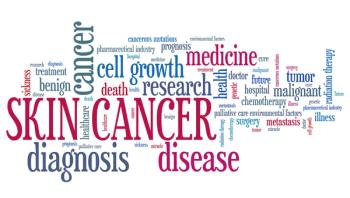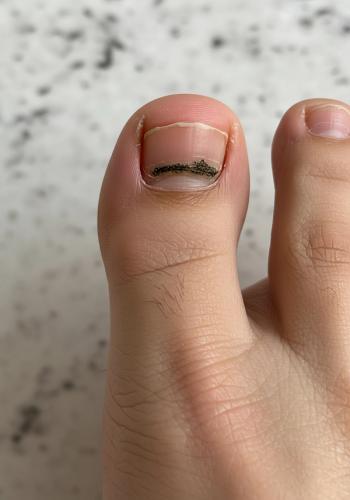
Social Media Offers Both Promise and Risk in Promoting Skin Cancer Prevention
In a review of previous studies, researchers found that the images seen on social media contribute to taking actions that are both beneficial with patients seeking dermatological care and unfavorable with increased exposure to UV radiation for a better tan.
Social media has proven to be a powerful tool for spreading awareness about skin cancer risks and prevention, but it also has a dark side: creating unrealistic beauty standards that can drive people to harmful behaviors such as excessive tanning, according to a new systematic review of nearly two dozen studies.
The
“Visualization in social media has a strong impact on users,” the study authors wrote. “Showing images contributes to taking actions that are both beneficial (in the presence of skin lesions) —seeking dermatological care — and unfavorable (the desire to have a nice tan) — increased exposure to UV radiation.”
The social media campaigns that were most successful in driving awareness and action on skin cancer prevention relied on interactive content that encouraged user participation. This strategy outperformed efforts that focused purely on educational content. For example, campaigns featuring personal stories, quizzes and opportunities to ask specialists questions showed higher engagement rates than fact-based content alone.
In one intervention study highlighted in the review, mothers became less permissive about their teenage daughters' indoor tanning after participating in a year-long social media campaign. The program's success hinged on consistent engagement — mothers who regularly commented on and reacted to campaign posts showed greater behavior changes than those who simply viewed the content.
However, the review also revealed concerning trends. Multiple studies found that increased use of visual social media platforms such as Instagram correlated with higher rates of intentional tanning and UV exposure. Users who reported frequent social media use were more likely to pursue tanning despite understanding the associated risks.
The researchers note that while 87% of the reviewed studies focused on skin cancer prevention, significant research gaps exist around using social media to promote other aspects of skin health, suggesting opportunities to use social media for conditions such as acne and other dermatological concerns.
Newsletter
Get the latest industry news, event updates, and more from Managed healthcare Executive.























